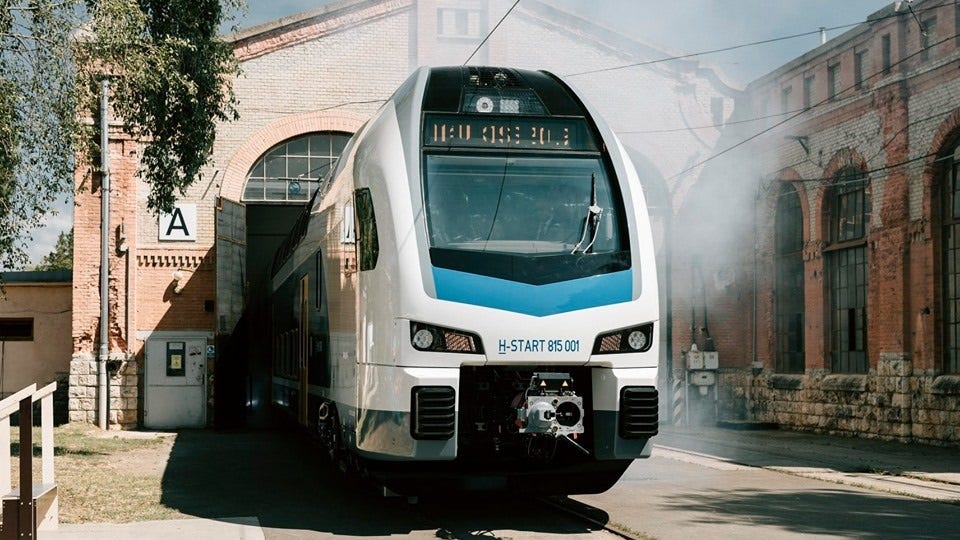Hungarian court forces liquidation of state rail maintenance facility

A Budapest court has ordered the liquidation of Dunakeszi Járműjavító, a Hungarian maintenance facility critical to state operator MÁV-START’s fleet operations, threatening major overhaul capacity across the country’s rail network.
The Budapest Metropolitan Court ruled on 16 October to liquidate both Dunakeszi Járműjavító Kft. and its parent company Ganz-Mavag International, marking the definitive end of a troubled facility that performs major maintenance for Hungarian State Railways and services Stadler KISS double-deck trains in commuter operations.
The facility entered insolvency after Russian partner Transmashholding was excluded from a 1,350-wagon Egyptian contract following Russia’s invasion of Ukraine. Dunakeszi completed the wagons at a loss, triggering a financial crisis that accumulated substantial debts, according to Hungarian media reports.
Government Rescue Attempt Failed
Hungary’s government explored a state-backed rescue and designated the facility as “strategically significant,” but the financial consolidation required to settle creditors ultimately exceeded political appetite.
Hungarian media reported in October that the facility had become effectively non-operational, with suppliers withdrawing stock and offices largely closed, with the court-appointed liquidator now assuming control.
Impact on Hungarian Rail Services
Dunakeszi performs major overhauls and maintenance for MÁV-START’s commuter fleet, including Stadler KISS double-deck trains in daily passenger service. The closure creates immediate uncertainty over alternative maintenance arrangements and ongoing warranty obligations.
Our Quick Analysis
The liquidation exposes Central Europe’s vulnerability to Russia-linked supply chain disruption and raises questions about state capacity to rescue strategically important rail facilities.
MÁV-START faces urgent decisions on alternative maintenance capacity, likely requiring emergency contracts with Western European facilities or accelerated partnerships with OEMs like Stadler to maintain fleet availability.
The case demonstrates how geopolitical sanctions can cascade through regional rail supply chains with operational consequences beyond the initial policy target.

